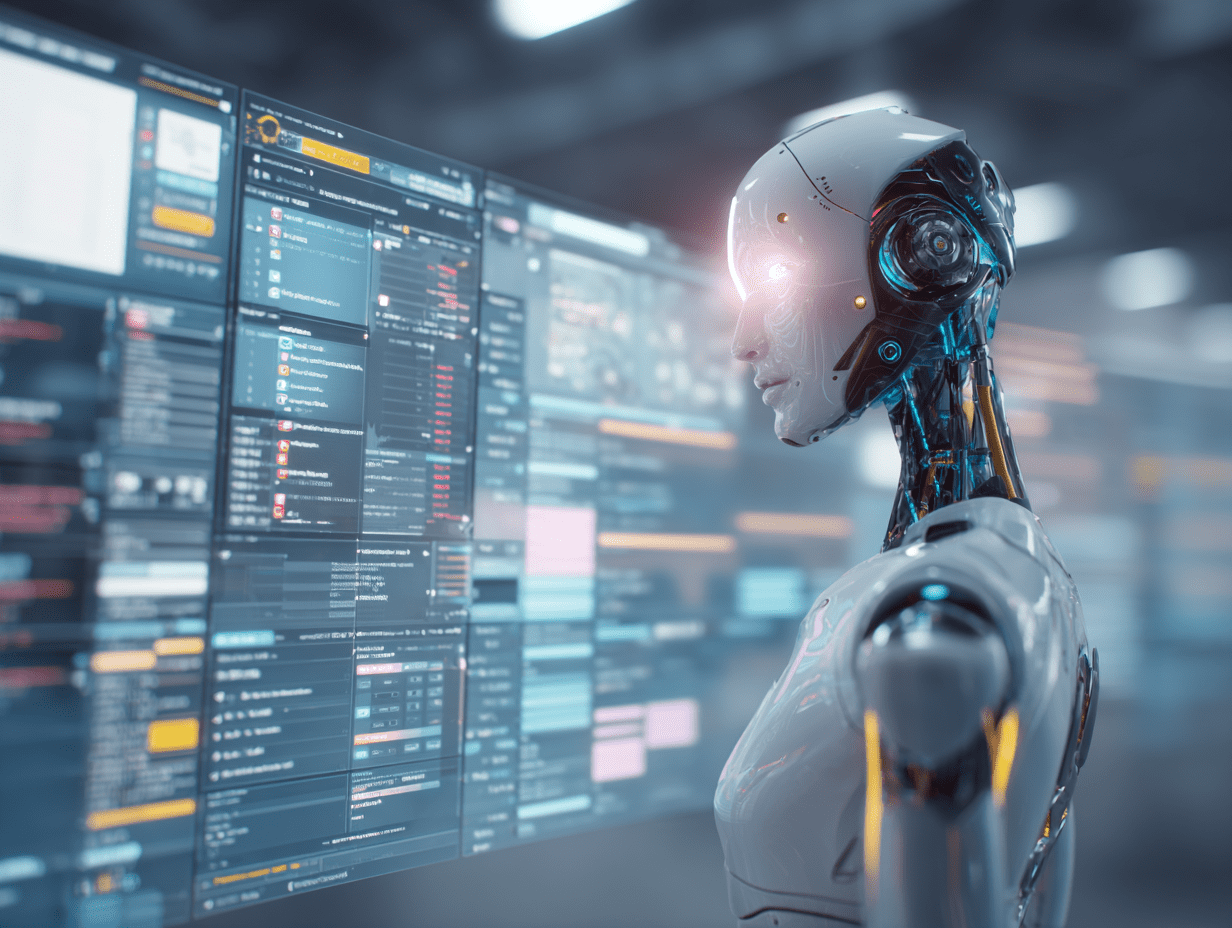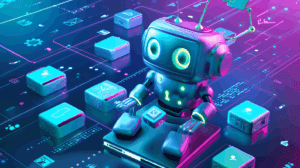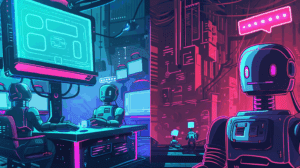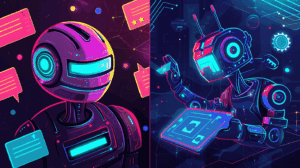If you’ve ever used a chatbot and felt more annoyed than helped, you’re not alone. As technology evolves, we say goodbye chatbots, hello smart agents, which promise a more efficient and helpful user experience.
“I’m sorry, I didn’t understand that. Can you rephrase?”
Sound familiar?
For years, chatbots have been the go-to solution for automating customer service and basic digital interactions. But as businesses demand more intelligent and efficient automation, we’re witnessing a major shift.
AI agents, also called intelligent agents or autonomous AI—are taking over.
This isn’t just a new tech trend. It’s a fundamental change in how people and businesses interact with software. And if you’re still relying on chatbots alone, you might already be falling behind.
What Are Chatbots?
A chatbot is a rule-based tool designed to simulate a basic conversation. Most operate on scripts or keyword triggers. They’re commonly used to:
- Answer FAQs
- Provide simple support
- Route users to the right department
But chatbots are limited. They struggle with complexity, lack context awareness, and often require human backup for anything beyond basic questions.
In short: they’re functional, but not intelligent.
What Are AI Agents?
An AI agent is an advanced digital assistant that can understand context, reason through tasks, and take autonomous actions—often across multiple systems.
Built on modern large language models (LLMs), AI agents can:
- Process natural language
- Perform multi-step workflows
- Integrate with apps like Slack, Notion, Google Workspace, CRMs, and more
- Learn and adapt based on user preferences
They’re not just for chatting, they’re for getting things done.
AI Agents vs. Chatbots: Key Differences
| Feature | Chatbots | AI Agents |
|---|---|---|
| Technology | Scripted or rules-based | Language model-driven (LLMs) |
| Understanding Context | Limited | Advanced |
| Task Execution | Basic responses | Multi-step, autonomous actions |
| Integration with Tools | Rare or manual | Deep integrations across platforms |
| Learning and Adaptation | Static | Dynamic and personalized |
| Use Cases | Customer FAQs, routing | Workflow automation, productivity |
Why AI Agents Are Replacing Chatbots
- Smarter Conversations
AI agents understand natural language and remember past interactions—making them feel more human and less robotic. - More Than Just Talk
While chatbots only respond, AI agents take action. They can schedule meetings, pull up files, send emails, and even execute processes automatically. - Cross-Platform Intelligence
AI agents can operate across multiple tools, acting as a unified layer of automation for your entire workflow. - Better User Experience
Instead of bouncing between apps or typing the same request multiple times, users get fast, personalized results, every time.
Real-World Examples of AI Agent Use
- Customer Support: Agents triage tickets, suggest resolutions, and escalate only when needed.
- Sales and Marketing: Agents qualify leads, draft follow-up emails, and track responses.
- Operations: Agents manage schedules, update CRM data, and automate repetitive internal tasks.
Is This the End of Chatbots?
Not exactly. Chatbots still serve a purpose for ultra-simple, low-cost interactions. But for any task requiring context, flexibility, or automation, AI agents are quickly becoming the new standard.
Final Thoughts: AI Agents Are the Future of Automation
We’re at a turning point in the evolution of digital tools. AI-powered agents represent a leap beyond traditional chatbots, not just in capability, but in value.
They don’t just answer questions. They handle work.
Whether you’re a startup automating your first sales process or an enterprise optimizing customer support, intelligent AI agents are your key to smarter, faster, and more scalable workflows.
Chatbots got us started. AI agents are where we’re headed.



